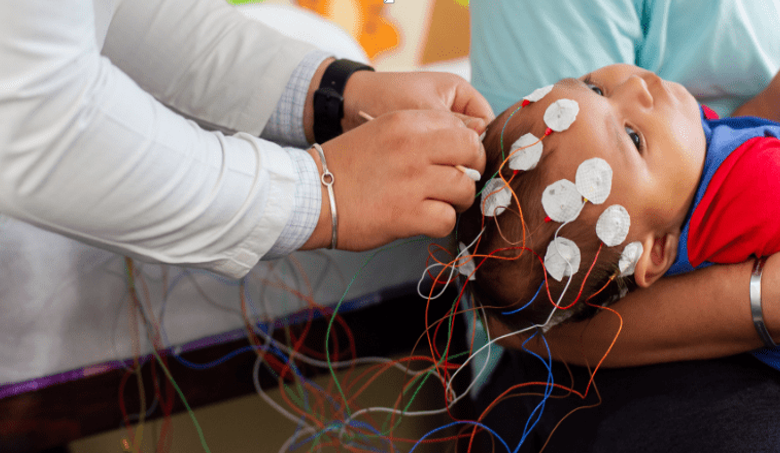The Link Between Autism and Pediatric Neurology

Autism Spectrum Disorder (ASD) is a developmental condition that affects communication, behavior, and social interaction. It is called a “spectrum” because symptoms can vary widely in type and severity among children. Some may struggle with basic language development, while others show advanced verbal skills but difficulty understanding social cues. Recognizing autism as a neurological condition helps explain why pediatric neurology plays a central role in its assessment and management. Parents often first notice signs before age three, and understanding these differences can lead to early support.
The Role Of The Pediatric Neurologist
A pediatric neurologist focuses on the brain and nervous system of children. Since autism involves atypical brain development and neural connectivity, these specialists are vital in evaluation and guidance. They help identify whether a child’s symptoms are part of autism or related to another neurological condition. Pediatric neurologists often coordinate with psychologists, speech therapists, and occupational therapists, ensuring that a child’s care is not fragmented.
Neurological Factors Associated With Autism
Research shows that autism has a strong neurological basis. Studies highlight differences in brain connectivity, particularly in regions controlling language, emotions, and social behavior. Factors such as prenatal brain development, genetic variations, and synaptic signaling have been linked to autism symptoms. While there is no single cause, neurological abnormalities play a central role. Pediatric neurologists examine these aspects to better understand a child’s unique presentation.
Early Developmental Signs To Monitor
Parents are usually the first to notice early differences. Some key signs that may warrant neurological evaluation include:
- Lack of eye contact or response to name
- Delays in speech or unusual language patterns
- Repetitive hand movements or body rocking
- Limited interest in interactive play
- Sensitivity to sound, touch, or light
Pediatric neurologists recommend that concerns should be addressed as soon as possible rather than waiting for a child to “outgrow” behaviors.
See also: Detox And Recharge: The Role Of Hydrogen Water In Holistic Health
Diagnostic Tools Used In Pediatric Neurology
Diagnosing autism is not based on a single test but a combination of clinical observations, medical history, and assessments. Pediatric neurologists often use:
- Developmental screening questionnaires
- Neurological exams focusing on reflexes and motor function
- Brain imaging when other conditions need to be ruled out
- EEG (electroencephalogram) for detecting unusual brain activity
- Genetic testing in some cases
These tools help identify whether a child’s challenges are related to autism alone or accompanied by other neurological issues.
Common Co-Occurring Neurological Conditions
Children with autism often present with additional neurological conditions. Epilepsy, attention deficit hyperactivity disorder (ADHD), and sleep disturbances are among the most common. Some also experience motor coordination difficulties or sensory processing challenges. Pediatric neurologists are trained to detect and manage these co-occurring conditions, which may otherwise go unnoticed. Identifying and addressing them is crucial, as they can intensify the core challenges of autism if left untreated.
Pune has emerged as one of the leading cities in India for specialized pediatric healthcare. With its growing network of advanced hospitals and child development centers, parents have access to quality diagnostic and therapeutic services. The city is known for its integration of modern medical technology with expert pediatric care, making it a good choice for families seeking comprehensive autism support. Consulting a pediatric neurologist in Pune allows families to benefit from specialized expertise and coordinated treatment options in one location.
The Importance Of Early Intervention
One of the most consistent findings in autism research is the effectiveness of early intervention. When therapy begins before school age, children often make greater progress in language development, learning, and behavior regulation. Doctors guide parents to evidence-based programs that can maximize a child’s developmental potential. By addressing neurological differences at a young age, interventions become more impactful.
Neurology-Guided Therapies For Autism
Doctors may recommend a combination of therapies based on the child’s neurological profile. These can include:
- Speech and language therapy to build communication
- Occupational therapy to improve motor skills and daily functioning
- Behavioral interventions to reduce repetitive behaviors
- Medication when necessary for seizures, anxiety, or attention difficulties





